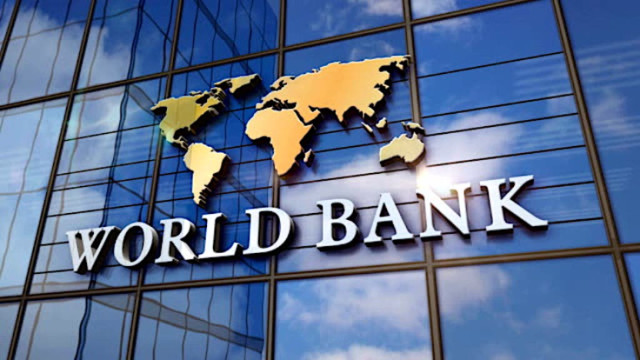The Oyo State government in partnership with the Global Partnership for Education (GPE), a World Bank assisted programme has disbursed grants for the renovation of 58 public schools in the state.
The state Commissioner for Education, Science, and Technology, Prof. Salihu Abdulwaheed Adelabu, made the disclosure, during a meeting with education stakeholders in Ibadan, the state capital.
Adelabu hinted that some of the public school will receive facelift through rehabilitation, called on the SBMCs and head teachers responsible for the project delivery in various local governments to be accountable and transparent in utilising the funds.
He said, “As part of the approved workplace for the project some schools were selected for infrastructural development exercise, such as renovation of classrooms, with potable water, furniture, toilet facilities and solar system.”
The Executive Chairman, Oyo State Universal Basic Education Board, Dr. Nureni Aderemi Adeniran, in his remarks, said the cost of the schools selected for rehabilitation under same programme would be determined upon inspection of deplorable nature of the benefiting schools.
He underscored the importance of education as a priority area of the present administration in the state, stating that the project was significant with the agenda of the state government in developing a road map in its educational sector.
“The BESDA additional fund transforming education sector at state level is a global partnership in education sponsored program for states with special considerations that performed well in the first phase of BESDA.
“This underscores the fact that education is a priority for the Oyo State government under Engr. Seyi Makinde. The rehabilitation of schools would create a conducive learning environment for our children”, he said.
The Special Adviser on Education Intervention, Oloye Tiamiyu Suraju Abiodun, said the grant was meant to turn around infrastructure of schools in the state, stating that the project will enhance the capacity of education in the state and thus the need to involve SBMCs.
He noted that the selection of beneficiary schools was objective and devoid of bias or political interferences, adding that the project was a collective delivery by each community, and meeting the criteria and benchmark set by World Bank would determine the next phase of the project.




















